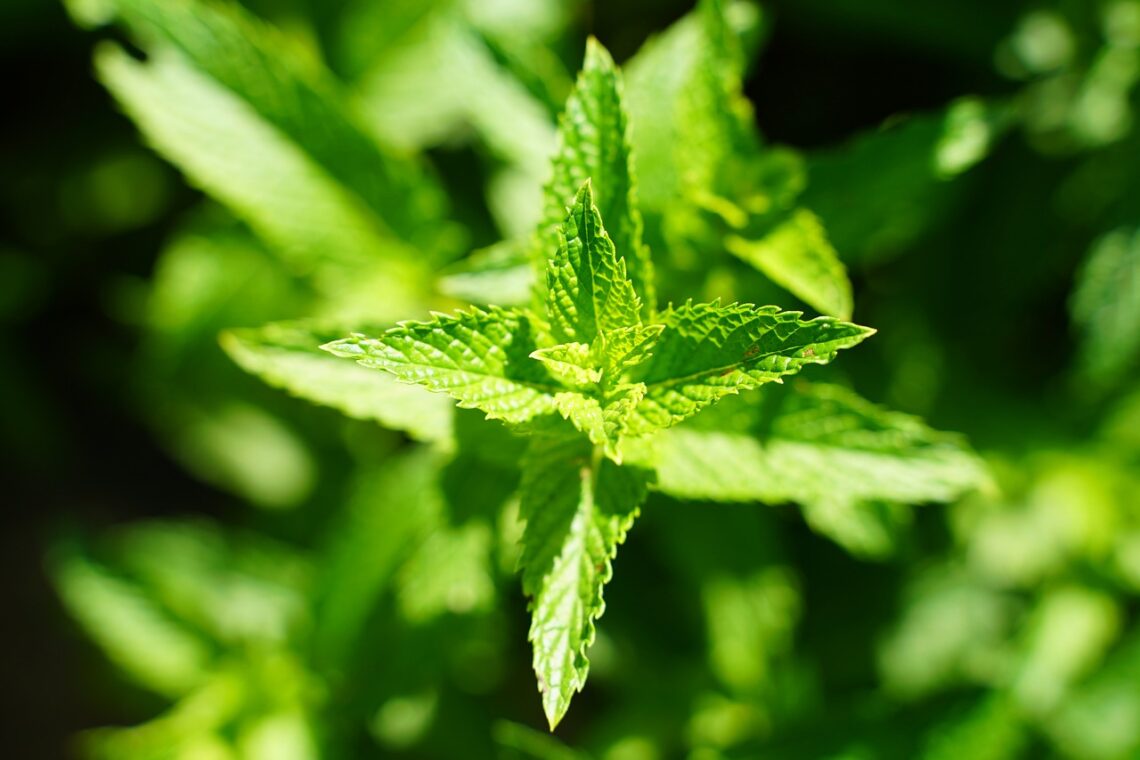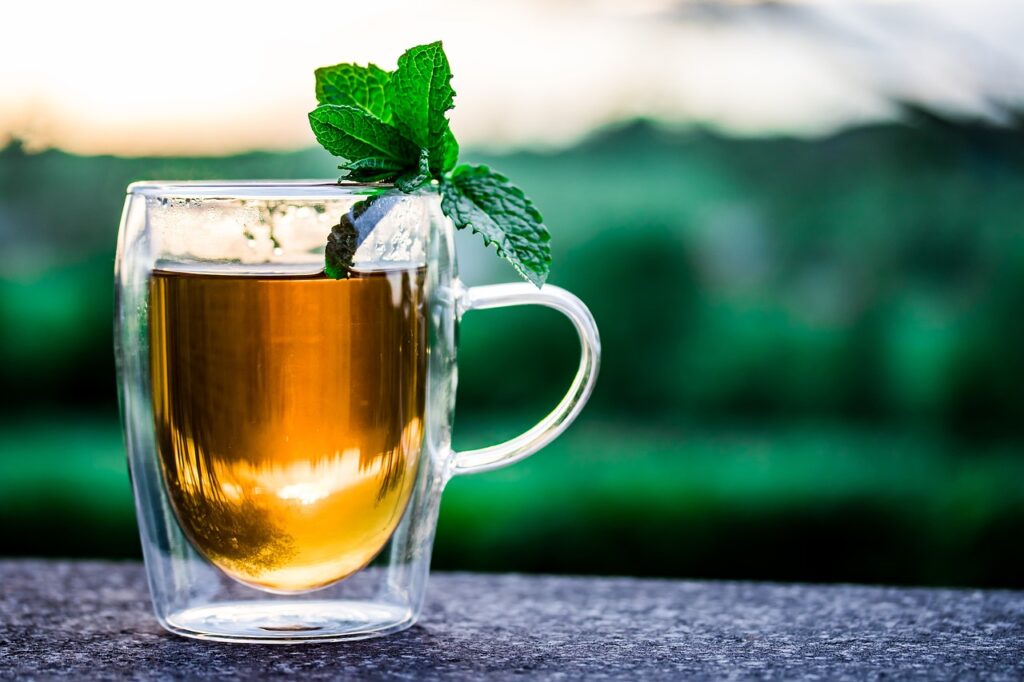
Using Lemon Balm Tea for Better Sleep
What is Lemon Balm?
Lemon balm (Melissa officinalis) is a perennial herb from the mint family. Native to Europe, North Africa, and West Asia, it has been used for centuries for its medicinal properties. The leaves of the lemon balm plant have a mild lemon scent and are commonly used to make tea.
Historical Use
Lemon balm has been used in traditional medicine for over 2,000 years. Ancient Greeks and Romans used it to treat a variety of ailments, including anxiety, insomnia, and digestive issues. In the Middle Ages, it was commonly used to lift spirits and reduce stress.
Benefits of Lemon Balm Tea for Sleep
1. Promotes Relaxation
One of the primary reasons lemon balm tea is effective for sleep is its ability to promote relaxation. The herb contains compounds like rosmarinic acid and flavonoids that have calming effects on the nervous system. These compounds help to reduce anxiety and induce a state of calm, which is essential for falling asleep.
2. Reduces Anxiety and Stress
Anxiety and stress are common culprits of sleep disturbances. Lemon balm tea has been shown to reduce the symptoms of anxiety, making it easier for you to relax and drift off to sleep. A study published in the journal Nutritional Neuroscience found that lemon balm extract significantly reduced anxiety levels in participants, leading to improved sleep quality.
3. Improves Sleep Quality
Lemon balm tea not only helps you fall asleep but also enhances the overall quality of your sleep. It can help you achieve deeper, more restful sleep by prolonging the REM (Rapid Eye Movement) phase, which is crucial for emotional and mental recovery.
4. Natural and Safe
Unlike many over-the-counter sleep aids, lemon balm tea is a natural remedy with minimal side effects. It is generally considered safe for most people, including children and the elderly, when consumed in moderate amounts.
How Lemon Balm Works: The Science Behind It
The effectiveness of lemon balm in promoting sleep can be attributed to its interaction with the neurotransmitter GABA (gamma-aminobutyric acid). GABA is responsible for reducing neuronal excitability and promoting relaxation. Lemon balm enhances the activity of GABA, leading to a calming effect on the brain.
Additionally, lemon balm contains terpenes and phenolic acids, which have been shown to have sedative properties. These compounds work together to help you relax and prepare for a good night’s sleep.
How to Prepare Lemon Balm Tea
Preparing lemon balm tea is simple and can be done with fresh or dried leaves. Here’s a step-by-step guide:
Ingredients:
- 1-2 teaspoons of dried lemon balm leaves or 4-6 fresh lemon balm leaves
- 1 cup of boiling water
- Honey or lemon (optional, for taste)
Instructions:
- Boil Water: Start by boiling a cup of water.
- Add Leaves: Place the lemon balm leaves in a teapot or a cup.
- Pour Water: Pour the boiling water over the leaves.
- Steep: Allow the tea to steep for 5-10 minutes. The longer you steep, the stronger the flavor.
- Strain and Serve: Strain the leaves out and pour the tea into a cup. Add honey or lemon if desired.
Enjoy your lemon balm tea about 30 minutes before bedtime to maximize its sleep-inducing effects.
Combining Lemon Balm with Other Sleep Aids
Lemon balm can be even more effective when combined with other natural sleep aids. Here are a few combinations that can enhance its sleep-promoting properties:
1. Lemon Balm and Valerian Root
Valerian root is another well-known herb for promoting sleep. Combining it with lemon balm can create a powerful sedative effect, helping you fall asleep faster and stay asleep longer. Studies have shown that this combination can significantly improve sleep quality.
2. Lemon Balm and Chamomile
Chamomile is famous for its calming effects and is often used as a sleep aid. Drinking a blend of lemon balm and chamomile tea can enhance relaxation and make it easier to drift off to sleep.
3. Lemon Balm and Lavender
Lavender is another herb known for its soothing properties. Combining lemon balm with lavender can help to create a relaxing bedtime ritual, perfect for unwinding after a long day.

Practical Tips for Using Lemon Balm Tea
1. Consistency is Key
To reap the full benefits of lemon balm tea, make it a part of your nightly routine. Consistency helps your body to recognize the tea as a signal for bedtime, making it easier to wind down.
2. Create a Relaxing Environment
Enhance the effects of lemon balm tea by creating a relaxing environment. Dim the lights, turn off electronic devices, and engage in calming activities such as reading or taking a warm bath.
3. Monitor Your Intake
While lemon balm tea is generally safe, it’s important to monitor your intake. Drinking too much can lead to side effects such as dizziness or gastrointestinal discomfort. Stick to 1-2 cups per day.
4. Consult a Healthcare Provider
If you are pregnant, breastfeeding, or taking medication, consult with your healthcare provider before adding lemon balm tea to your routine. This will help ensure it’s safe for you to use.
Conclusion
Lemon balm tea is a natural, effective, and safe way to improve your sleep quality. Its calming properties help to reduce anxiety and stress, making it easier for you to relax and fall asleep. By incorporating lemon balm tea into your nightly routine, you can enjoy deeper, more restful sleep and wake up feeling refreshed and rejuvenated.
Disclaimer
The information provided in this blog post is for educational purposes only and should not be considered as medical advice. Always consult with a healthcare provider before starting any new health regimen, especially if you have pre-existing health conditions or are taking medication. The effectiveness of lemon balm tea may vary from person to person.
Sources
- Kennedy, D. O., Little, W., Haskell, C. F., & Scholey, A. B. (2006). Anxiolytic effects of a combination of Melissa officinalis and Valeriana officinalis during laboratory induced stress. Phytotherapy Research, 20(2), 96-102.
- Awad, R., Levac, D., Cybulska, P., Merali, Z., Trudeau, V., & Arnason, J. T. (2007). Effects of traditionally used anxiolytic botanicals on enzymes of the γ-aminobutyric acid (GABA) system. Canadian Journal of Physiology and Pharmacology, 85(9), 933-942.
- Cases, J., Ibarra, A., Feuillère, N., Roller, M., & Sukkar, S. G. (2011). Pilot trial of Melissa officinalis L. leaf extract in the treatment of volunteers suffering from mild-to-moderate anxiety disorders and sleep disturbances. Mediterranean Journal of Nutrition and Metabolism, 4(3), 211-218.
- European Medicines Agency (EMA). (2013). Assessment report on Melissa officinalis L., folium. Retrieved from EMA.
- Blumenthal, M., Goldberg, A., & Brinckmann, J. (2000). Herbal Medicine: Expanded Commission E Monographs. American Botanical Council.




